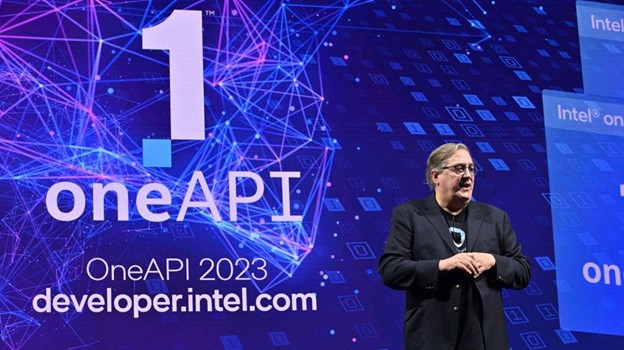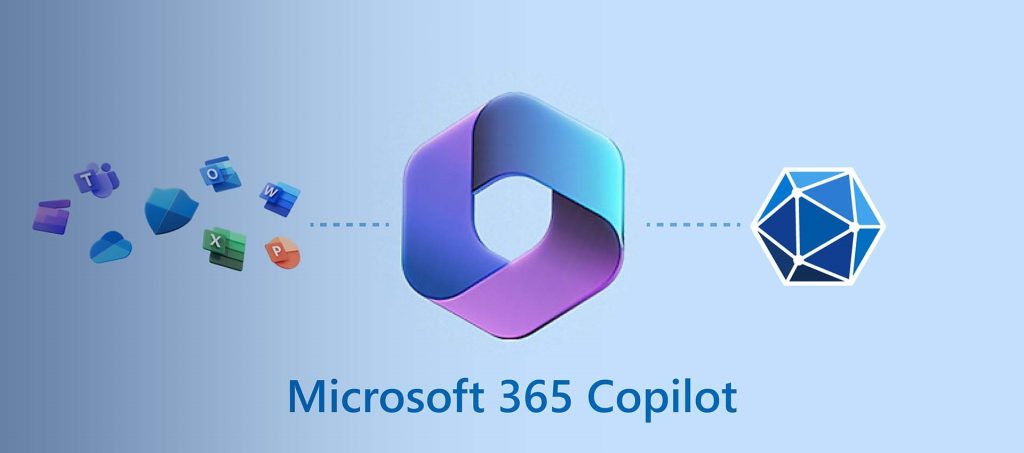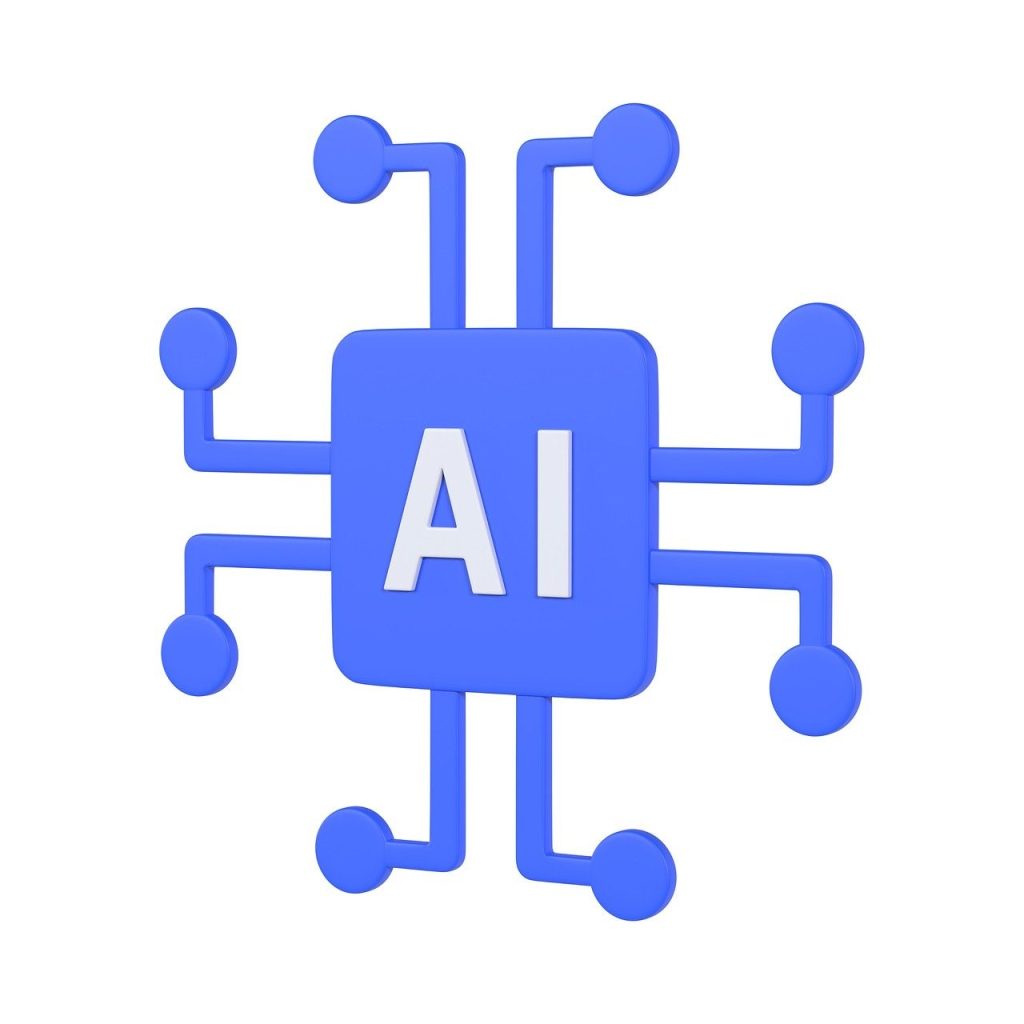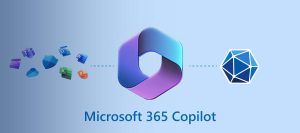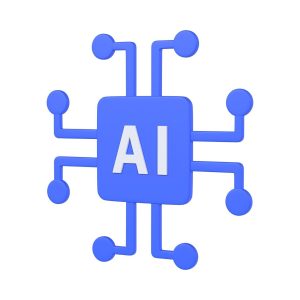Intel hands over turnkey solutions to developers for the betterment of Artificial intelligence, privacy & security, quantum computing, and more.
HIGHLIGHTS
Intel announced various services and tools with an aim to aid developer innovation in reducing time-to-market, and increasing performance, and security. Intel continues to deliver what they have promised of open ecosystems, and choice in solutions alternatives, and hence has built a foundation of trust.
- Intel has revealed that there will be continued momentum with the open oneAPI specification, but it will be managed by Codeplay which is a subsidiary of Intel Corporation.
- Leidos is said to be among the pioneer companies that will manage Intel’s upcoming Project Amber.
- Intel and Red Hat have gone on a joint venture to introduce a solution that combines the virtues of Intel’s AI portfolio with Red Hats OpenShift Data Science, and other than that, a joint AI and edge developer program.
- The state-of-the-art Intel Quantum software development kit (SDK) is made with the purpose to help developers learn the programming of quantum algorithms and interfaces using Intel’s quantum computing stack.
- Intel just introduced three new AI reference kits. which will mainly focus on the topic of healthcare use cases. The three kits will be joining the initial four kits which were released in July.
On Day 2 of the conference, Intel showed the general public how their hard work and investments paid off by fostering an open ecosystem that catalyzed community innovation, from silicon, systems, apps, and also across all levels of the software stack.
By selecting from an increasing variety of platforms, tools, and solutions, Intel has set its main focus on helping developers achieve greater productivity and them becoming more and more capable so that they may be able to realize their true potential and use it for social betterment. They have developed new innovative tools specially designed to support developers in the fields of artificial intelligence, security, and quantum computing, and have announced the first customers of its upcoming attestation service called Project Amber.
Intel CTO Greg Lavender stated that “We are making good on our software-first strategy by empowering an open ecosystem that will enable us to collectively and continuously innovate. We are committed members of the developer community and our breadth and depth of hardware and software assets facilitate the scaling of opportunities for all through co-innovation and collaboration.”
Empowering Developer Innovation through Openness
In his keynote address on the second day of the tech event, Lavender highlighted Intel’s commitment to openness, choice, and trust beginning with oneAPI: a cross-industry, open, standards-based programming model which enables developers to select the best architecture available so it may cater to the specific problem they are facing and are trying to find an efficient and effective solution for. Building on oneAPI adoption and implementation progress, the initiative is moving to a community forum so that it may move the future in the direction of oneAPI and may cater to each and every evolving need that developers, software vendors, national labs, researchers, and silicon vendors might have.
Codeplay, a subsidiary of Intel Corporation possessed the required expertise and an exceptional track record of driving open standards and is able to provide cross-platform executions of SYCL and oneAPI tools. Codeplay will now undertake responsibilities for the community of oneAPI development.
Intel has planned to continue developing and delivering tools for the developers and easy-to-access toolkits which are made according to the oneAPI specifications. The shipping of oneAPI 2023 toolkits will start in December and will support Intel’s state-of-the-art and upcoming innovative CPU, GPU, and FPGA architectures. It will also include many tools for example the open-source SYCLomatic compatibility tool whose function is to convert CUDA source code to SYCL source code. This enables the developers to choose from a selection of computing architectures.
Intel has also announced six more education and research institutions that have transformed to become oneAPI Centers of Excellence so that they will be able to increase oneAPI support in important applications and develop the oneAPI educational curriculum. The six of them include SSPKU, STFC, UTAH in collaboration with LLNL, UCSD, and the ZIB.
Intel has also released three new AI reference kits for developers that are learning to come up with innovative AI solutions in an efficient, and industry-specific manner. People who want them can find them listed on GitHub, alongside the previously released four kits.
The CTO said, “Our goal is to make it easy for developers to get the best software technology through the open-source ecosystem or as Intel-delivered products.” It has been known that while many of the developers might not know this but up to 90% of them use software that has been developed or optimized by Intel. According to a Survey conducted globally by Evans Data Corp. in 2021. Intel has been a top contributor to the Linux kernel for more than a decade and has recently helped to integrate oneDNN performance library in TensorFlow, through which the performance improved by a multiple of at least 3x for the millions of people that regularly use the popular AI framework.
Services improved through Better Security:
In the midst of open software, hardware solutions and business also lie great opportunities such as Germany’s e-prescriptions project.
IBM has also developed the e-prescription solution and has integrated Intel SGX with Gramine so it may deliver an exceptional customer experience and may maintain platform integrity and the requirement for stringent security and privacy. Intel is one of the leading contributors to this open-source project, which enables Germany’s NDHA to possess software that maintains its integrity and confidentiality because SGX secures enclaves with zero to no adjustments.
thanks to Project Amber more and more examples are being developed. Project Amber itself is a software-as-a-service offering for attestation in confidential computing which was announced by intel in May. Leidos, a top federal government technology contractor who lives in the U.S., is collaborating to build a proof-of-concept alongside Project Amber which will be able to protect veterans’ health information for any future uses.
The president of Leidos, Liz Porter, joined Lavender live and enlightened us on the subject that Project Amber sets free Leidos from the necessity to build and maintain complex, expensive attestation systems. This allows the company to focus on its specialized designs for example intelligent automation and AI/ML-driven analytics.
Innovations in AI, Quantum computing, and Neuromorphic What’s Next
A huge benefit of open-ended tech is that it can be combined to get myriad solutions from vendors and customers who have diverse specialties. The CTO of Red Hat, Chris Wright also got on stage to announce that they have been successful in integrating Intel’s AI portfolio through their OpenShift Data Science. Through these countless developers will be able to train and execute their own models using the AI Analytics Kit and Open VINO tools.
Red Hat is currently working to make the Habana and Gaudi training accelerator a reality and available so that it may accomplish being cost-efficient, high-performance, and may develop an extensive learning model for training and execution. All while also being a managed cloud service. He also announced the joint venture that aims to help developers easily learn, test, and execute models using their joint AI and edge developer program.
for those ready to take a step into the future, Intel announced the Intel Quantum SDK, which is designed in such a way that it helps developers learn ways to program quantum algorithms so that they might be able to get the nascent technology up to its full potential. The beta version is currently available on the Intel Developer Cloud.
Lavender also revealed their progress towards post-quantum cryptography which is a part of Intel’s three-phased solution that deals with the threats by quantum computers. Recent developments toward standardization are major steps forward for the advancement of the industry as it prepares to be Y2Q-ready or quantum-resistant by 2030. Many people believe Y2Q will have a bigger influence than what the millennium bug had in the year 2000 which is a very unrealistic threshold for the common mind.
It is one of the goals of Intel to make neuromorphic technology a reality. Intel has announced innovative and improved tools to help developers that include including Kapoho Point, a stackable multi-board platform based on the Loihi 2 research chip. They also announced the addition of new members and eight Intel-sponsored university projects to the INRC.
It can be said that Intel has been nurturing future innovations for a long time, which was mostly achieved through its education and partnerships with academia.
Today on the last day of the event, Intel has announced the Intel Rising Star Faculty Award program. Its main aim is to recognize early-career faculty whose groundbreaking and revolutionary ideas are making significant contributions to research, education, or both.
This year’s winners belong to 15 different institutions scattered all over the world, which were chosen for demonstrating their ideas.

